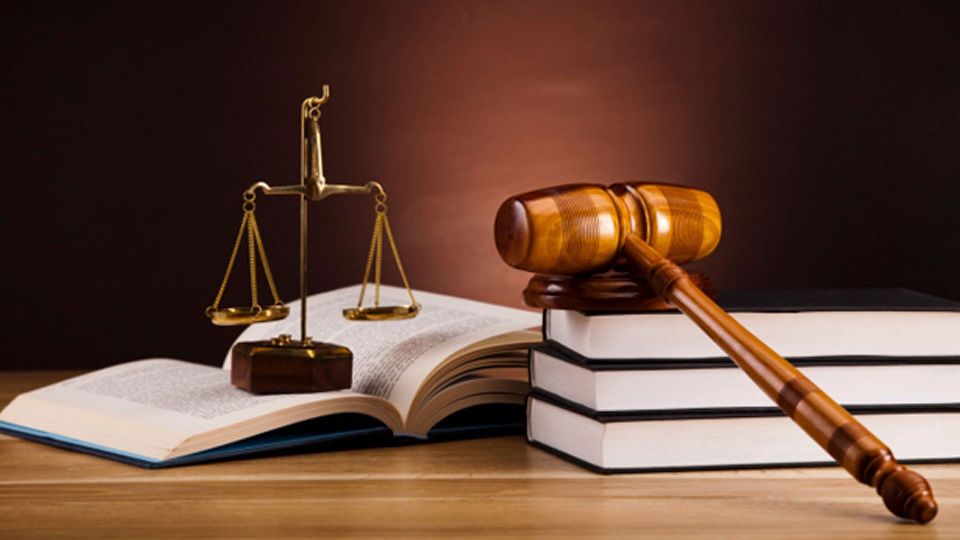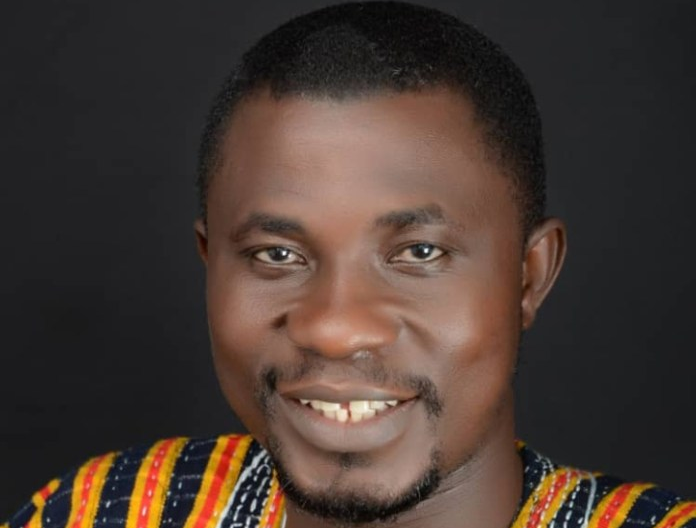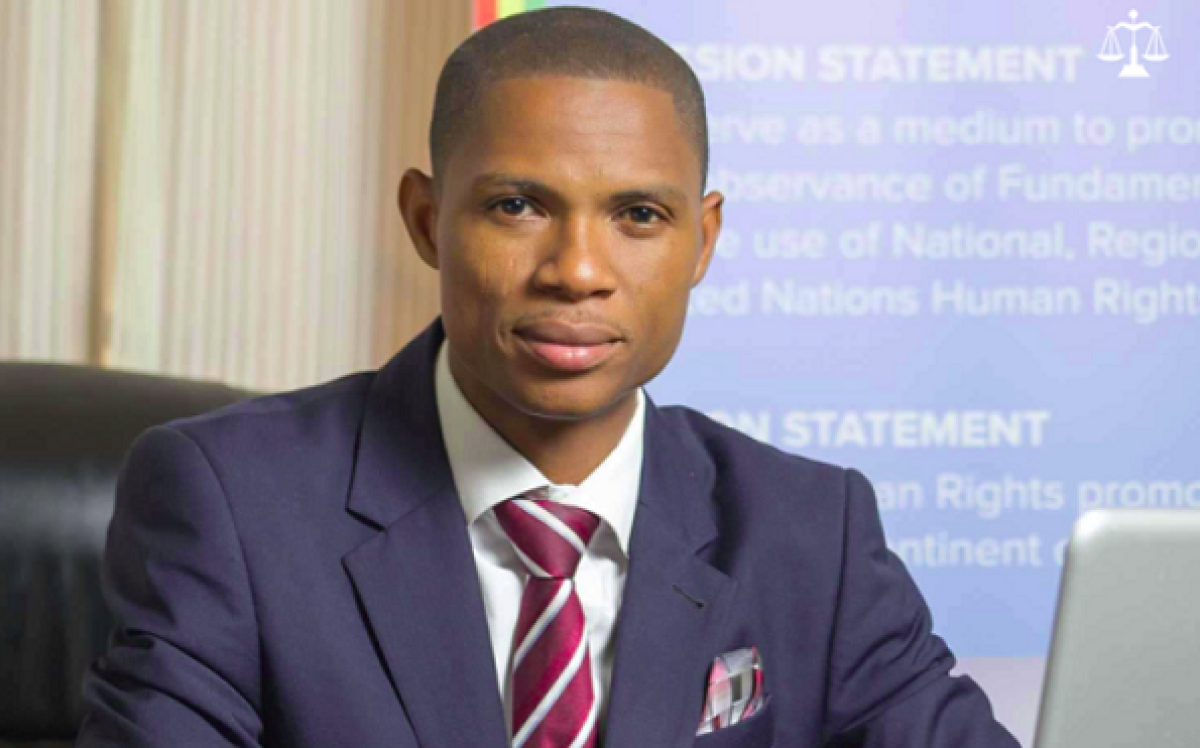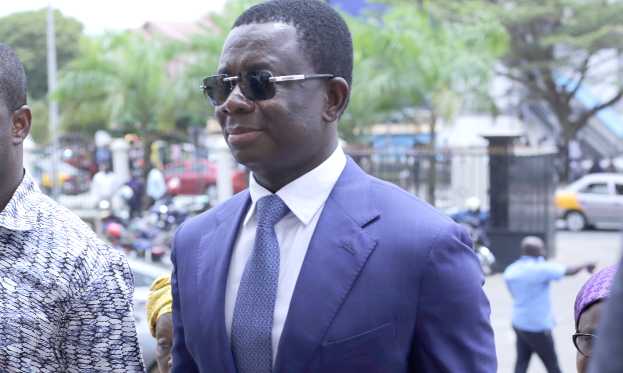Published
4 years agoon
By
Frimpong
Article 125(3) of the Ghanaian constitution states that the judicial power in Ghana shall be vested in the supreme judiciary.
Article 127 mandates the independence of the judiciary. This provision is very critical in the exercise of judicial power for free and fair Justice delivery without any direct Influence form the Executive Arm of Government.
Article 129 also points out that the supreme court shall be the final court of appeal. In addition to the supreme court, the 1992 Constitution also provides for a Court of Appeal and a High Court.
Article 139 (4) empowers the Chief Justice to create divisions of the high court. Also there are tribunal courts, some of whose membership include non-legal professionals.
The judicial hierarchy in Ghana is; the Supreme Court, which is the Apex court of the land; the Courts of Appeal; the High Court; Magisterial and Traditional Courts, and District Tribunals.
In Ghana, all judges are appointed by the President. Article 144 of the 1992 constitution empowers the President to appoint the Chief Justice, acting in consultation with the Council of State and approval of Parliament
The rest of the Supreme Court judges are also appointed by the President, acting on the advice of the Judicial Council and in consultation with the Council of State and approval from Parliament. The judges of all the lower courts are all appointed by the prisident.
Article153 of the Ghanaian 1992 constitution provides for the establishment of a Judicial Council which advices the President on legal matters.
Its has 19 members including the Chief Justice,the Attorney General and one judge each from the Supreme Court, the Court of Appeal and the High Courts, two representatives from the Ghana Bar Association, and other members of the legal profession as well as non-legal professional appointed by the president.
In addition to the power to appoint, the President has also been given the power by Article 146 to dismiss judges.
In Ghana legal education is often attained at the graduate level after a student has completed a university education. Judges are expected to practice law as lawyers for sometime to acquire the necessary experience before they can be appointed to sit on the bench.
By Saint Ayisi


Video: Nigerian actress Ruth Kadiri threatens to sue Ghanaian TVs showing her content without authorisation


All set for 37th National Farmers’ Day in Cape Coast


Ashaiman MP justifies ‘snatching’ of Speaker’s seat


Court withdraws bench warrant against Sosu


South African head coach blamed his loss on referees performance

SC ruling on Opuni’s case a travesty of justice”- NDC


Company Awarded with One laptop-One Teacher not Recognised by Registrar Generals


COVID-19: Ghana records over 200 deaths in 30 days


Developing Ghana through E-commerce and on demand services

























